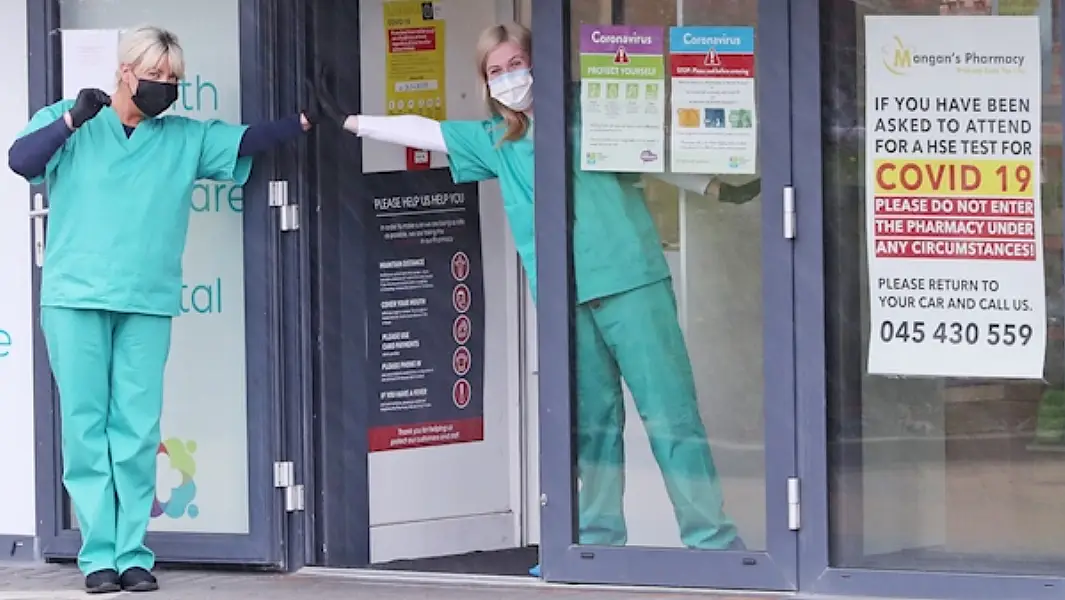
The length of time people who are diagnosed with Covid-19 are required to isolate following their positive test result may be reconsidered this week.
Public health officials will meet to discuss reducing the self-isolation period from 14 days to 10, according to The Irish Times.
The discussions are not said to include the mandatory self-isolation period for passengers arriving into Ireland from a country not named on the green list.
Currently, people who test positive for Covid-19 are required to quarantine for 14 days to help curb the further spread of the virus.
The National Public Health Emergency Team (NPHET) discussed the measures last week but will continue to consider international evidence on the matter this week.
NPHET is due to meet on Thursday when the possibility of reducing the quarantine period will be debated.
This comes as an infectious diseases expert says the number of Covid-19 cases in Kildare, Limerick and Tipperary is potentially more concerning than those in Dublin.
Yesterday, 138 new infections of the virus were confirmed, but there no new deaths reported.
The number of cases recorded in the capital was 68, followed by Limerick with 13 and Kildare with nine. There were 5 cases in Cork, Wexford and Wicklow. The remaining 24 cases were in Carlow, Clare, Donegal, Kilkenny, Laois, Leitrim, Longford, Mayo, Meath, Offaly, Roscommon, Tipperary, Waterford, and Westmeath.
Yesterday was the 6th day in a row that new cases were confirmed for Waterford.
According to the COVID Tracker app, 34 cases have been diagnosed in Waterford over the last two weeks.
Professor Sam McConkey from the Royal College of Surgeons says that when the population of each county is accounted for, some have higher rates of the virus than Dublin.
"While Dublin looks big, unfortunately, Carlow is actually quite high and Kildare is actually higher per head of population still.
"It's actually spread widely through almost 24 of our 26 counties," said Prof McConkey.














